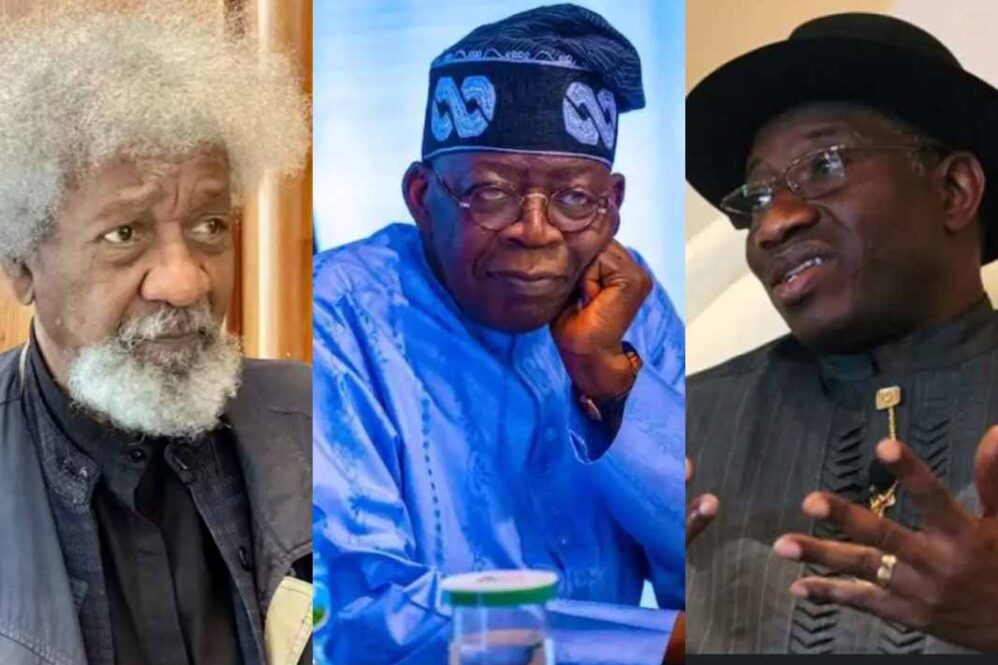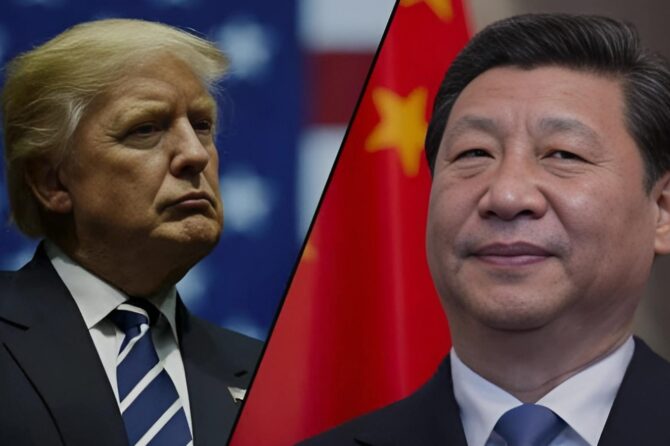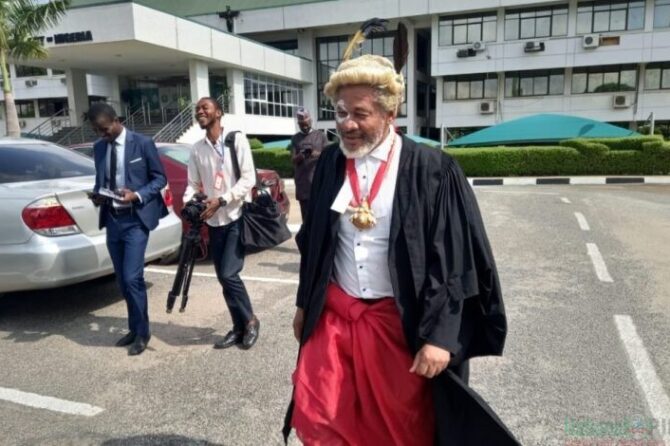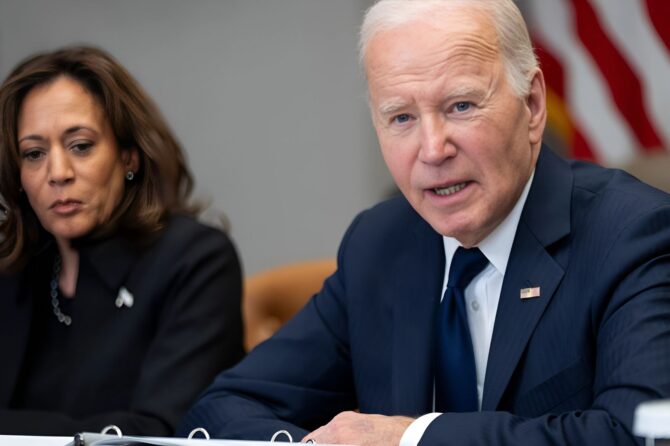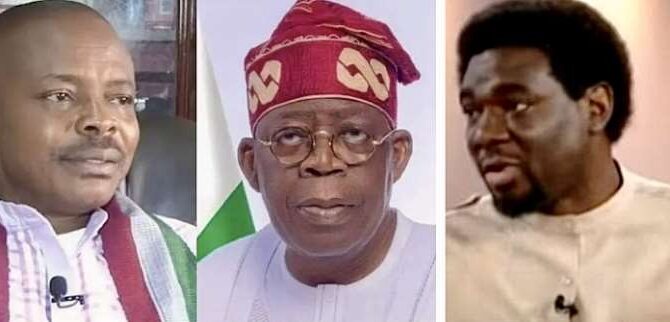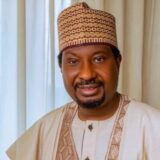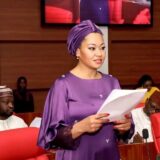Presidency Fires Back at Jonathan, Soyinka Over Criticism of Rivers Emergency Rule
ABUJA — The Presidency has responded strongly to remarks by former President Goodluck Jonathan and Nobel Laureate Professor Wole Soyinka, who criticized President Bola Tinubu’s declaration of a state of emergency in Rivers State. Temitope Ajayi, Senior Special Assistant to the President on Media and Publicity, described their comments as personal opinions that do not override constitutional provisions or the necessity of the decision.
Background: Rivers State Emergency Rule
On March 18, 2025, President Tinubu declared a six-month state of emergency in Rivers State, citing a breakdown in governance caused by political infighting between Governor Siminalayi Fubara and the state legislature, as well as attacks on oil facilities. The declaration led to the suspension of Governor Fubara, his deputy Ngozi Odu, and all members of the Rivers State House of Assembly. Retired naval chief Ibok-Ete Ibas was appointed as Sole Administrator to restore order.
The National Assembly ratified the emergency rule within 48 hours, despite opposition from some lawmakers and widespread criticism from civil society groups.
Jonathan and Soyinka’s Criticism
- Goodluck Jonathan:
Speaking at the Haske Satumari Foundation Colloquium in Abuja on March 22, Jonathan expressed disappointment over the suspension of elected officials in Rivers State. He accused all three arms of government—executive, legislature, and judiciary—of abusing power and warned that Tinubu’s actions could damage Nigeria’s reputation globally.
“A clear abuse of offices, clear abuse of power, clear abuse of privileges cutting across the three arms of government,” Jonathan remarked. - Wole Soyinka:
In an interview with Channels Television, Soyinka described Tinubu’s declaration as excessive and against the spirit of federalism. He argued that Nigeria’s constitution centralizes too much power in the presidency and called for constitutional reforms to ensure true federalism.
“If this decision is constitutionally valid, then it’s time we amend the constitution to ensure a genuine federal structure,” Soyinka stated.
Presidency’s Response
Temitope Ajayi defended Tinubu’s decision as necessary to prevent Rivers State from descending into chaos. He emphasized that the president acted within his constitutional powers under Section 305 of the 1999 Constitution (as amended).
“President Tinubu has a duty to preserve Nigeria’s corporate existence and won’t allow any part of the country to descend into lawlessness,” Ajayi said.
Ajayi acknowledged Jonathan and Soyinka as respected statesmen but dismissed their comments as subjective opinions not grounded in constitutional realities.
“Their views are personal and do not reflect the legal framework that empowers the president to act decisively during crises,” he added.
Nationwide Debate
The emergency rule has sparked intense debate across Nigeria:
- Legal Concerns: The Nigerian Bar Association (NBA) and Senior Advocates of Nigeria have questioned whether suspending elected officials aligns with constitutional provisions.
- Political Fallout: Governors under the Peoples Democratic Party (PDP) have condemned the move as politically motivated.
- Civil Society Reactions: Groups like SERAP have threatened legal action against Tinubu for undermining democratic institutions.
Implications for Governance
Critics argue that Tinubu’s decision sets a dangerous precedent for federal overreach and could weaken Nigeria’s democratic stability. However, supporters believe it was necessary to address escalating insecurity and political instability in Rivers State.
Conclusion
As public discourse continues over the legality and implications of Rivers State’s emergency rule, the Presidency remains firm in defending its actions as constitutionally valid and essential for national stability. The contrasting views from Jonathan, Soyinka, and other stakeholders highlight ongoing challenges in balancing federal authority with democratic principles.


